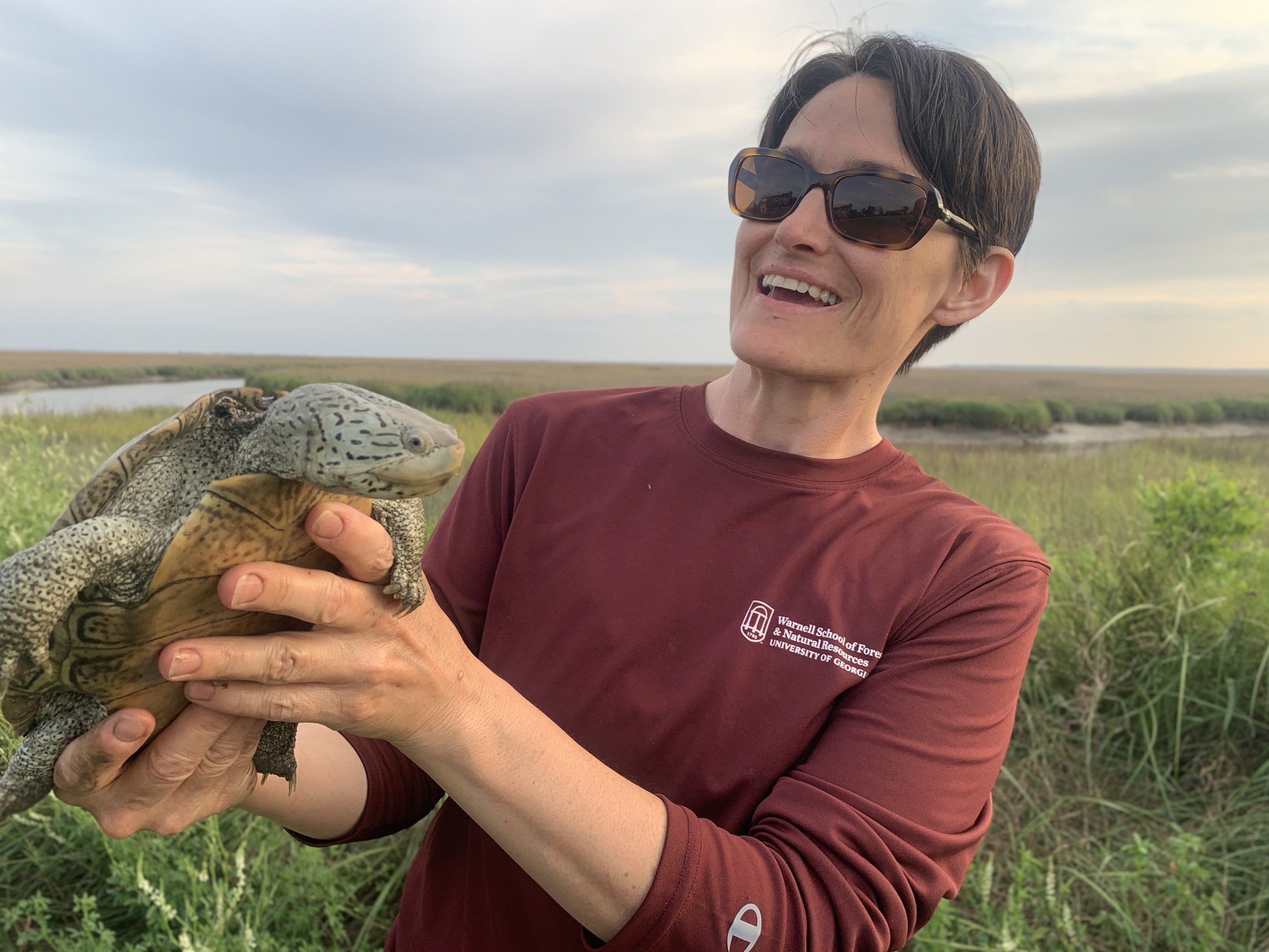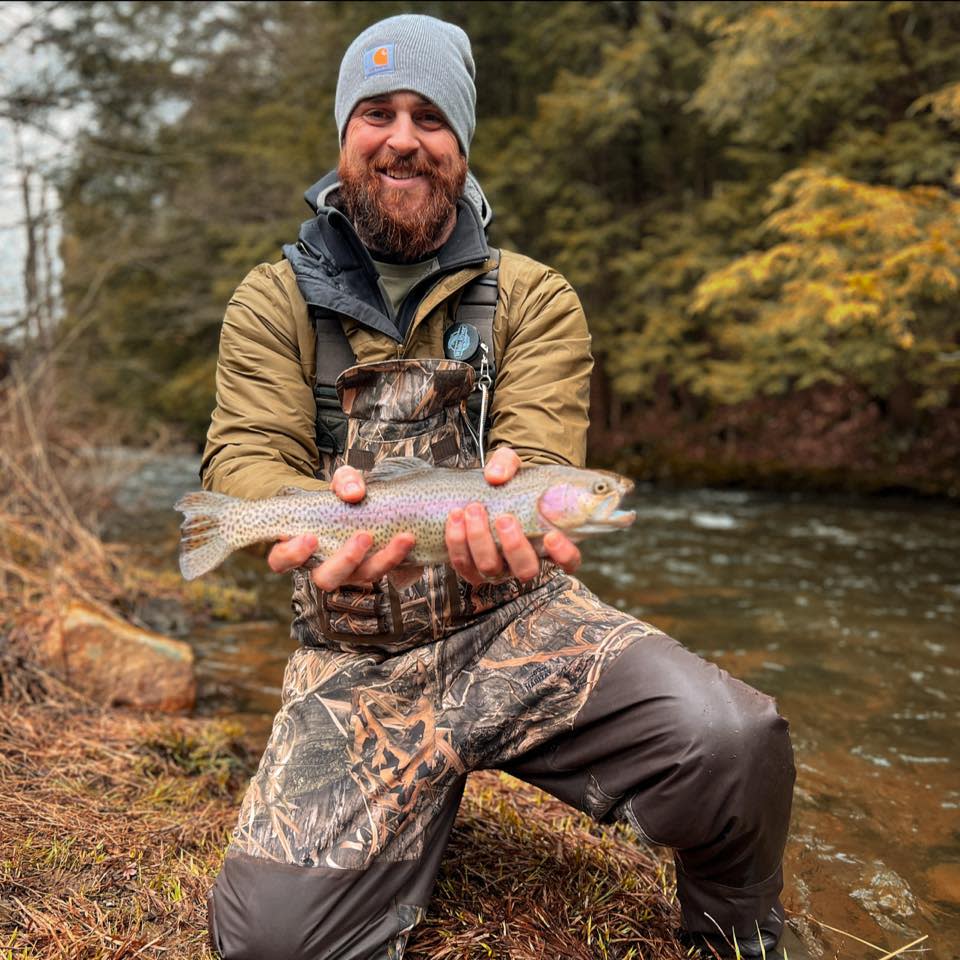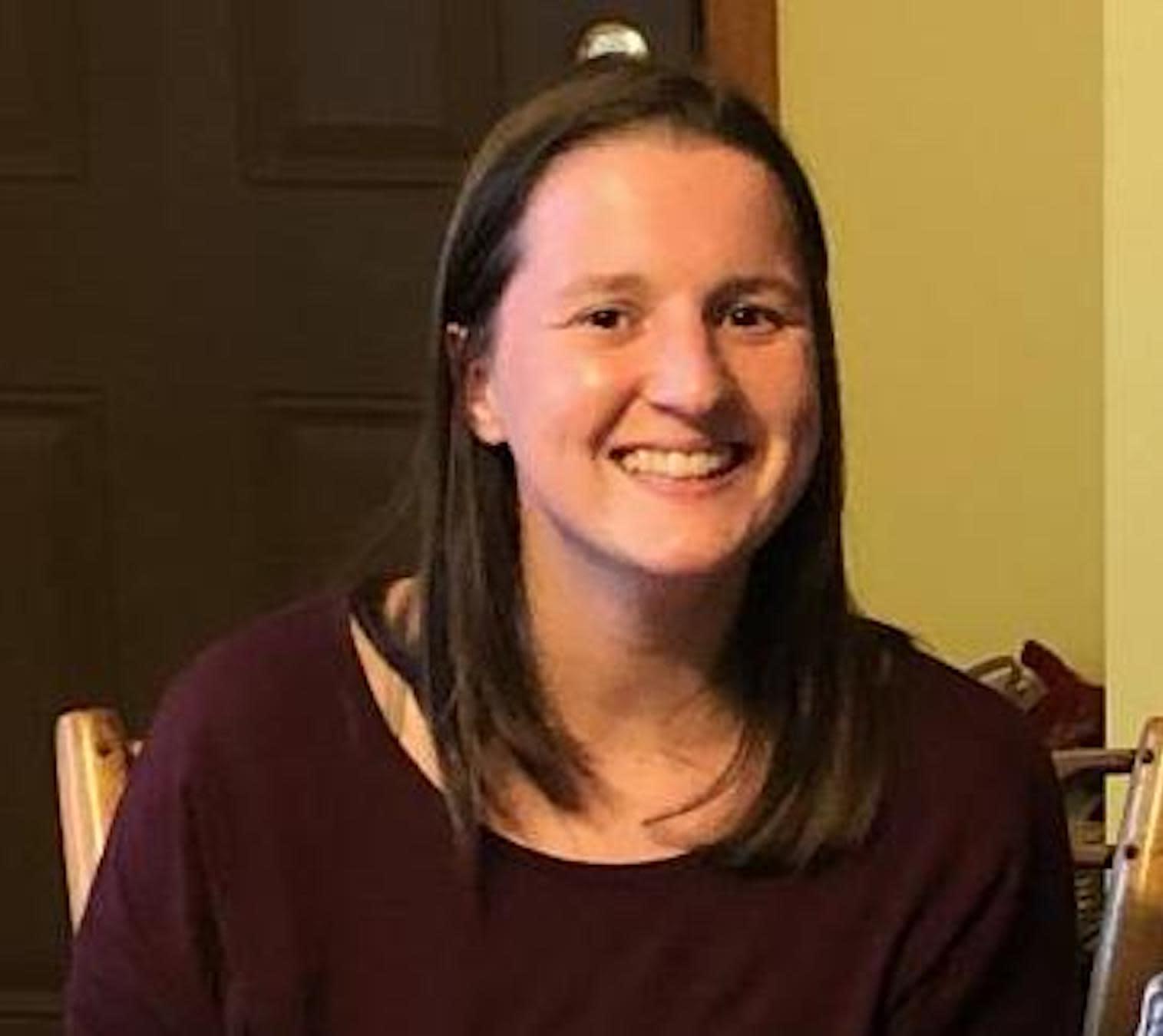North Central Chapter
Neil Anderson Ph.D.
Neil Anderson is the Department Head, a Full Professor and J. William Fulbright Scholar, directing the Herbaceous Ornamental Breeding Program for the University of Minnesota. His administrative duties include research, teaching, and extension arenas. Dr. Anderson is an internationally recognized expert in plant reproductive biology, invasive species biology, geophytes, rapid generation cycling crops, tissue culture, molecular biology, plant breeding and genetics. His program releases many commercial cultivars with Intellectual Property (IP) filings around the world; he is also an expert in IP. Two of his crops were bred and developed into rapid generation cycling geophytes (flowering <1 year from seed). Dr. Anderson is also a recognized plant explorer, having collected wild species of ornamental interest across the globe. His research focus is primarily on breeding winter-hardy herbaceous perennials for ornamental value as well as green pesticides (pyrethrum, sabadilla); complementary research / outreach includes hydroponics, aquaponics, controlled environments, and preventing invasiveness of ornamental crops during domestication. His research and expertise in controlled environmental agriculture complement outreach activities across Minnesota in the Research and Outreach Centers. Dr. Anderson leads a large team of research scientists, graduate and undergraduate students. He teaches a wide range of online and live horticulture classes in Aquaponics, Floral Design, Greenhouse Crop Scheduling and Spring Flowering Bulbs. He has been the Major Coordinator for the Plant Science Major and now directs the Horticulture Minor.
Peg Bostwick
Retired aquatic biologist; formerly worked for Michigan Dept. of Environmental Quality in 404 Program, and then with Association of State Wetland Managers as senior scientist.


Stephen Chu
Mr. Chu is an experienced Senior Professional Wetland Scientist/Principal Ecologist, with over twenty years of experience managing and completing complex ecological-related projects for both public and private sector clients in energy (oil & gas/renewable), transportation (rail and highway), Federal, and commercial/residential development. My areas of expertise consist of wetland delineations, wetland mitigation design, wetland and native restoration monitoring, habitat and tree surveys, floristic quality assessments, rare, threatened and endangered species surveys, environmental permitting and planning, Clean Water Act Section 404/401/408, Rivers & Harbors Act of 1899, Endangered Species Act, NEPA/FERC environmental documentation, and proposal preparation. He has worked on projects in over 23 states and can serve in a multitude of project roles from task/technical lead, field coordinator, field quality manager, senior technical reviewer, business development team, to project manager.
Gail Clingerman
Lewis Cowardin
Juli Crane
Ms. Crane is a Principal Wetland Specialist with the Lake County Stormwater Management Commission (SMC) in Lake County, Illinois, where she reviews permit applications for wetland impacts, helps administers Lake County’s Wetland Restoration Fund, and manages various SMC grants. Before joining the SMC, she worked as a consultant primarily in the Intermountain West and Midwest. With a B.S. in Wildlife and Range Resources and an M.S. in Fisheries and Wildlife, Juli has over 30 years (yikes!) of experience playing with water, dirt (soil, for you purists), and plants… and forging paper trails. She has an alphabet soup of professional creds that get trotted out as needed, including Professional Wetland Scientist (PWS), Certified Floodplain Manager (CFM), and Certified Ecological Restoration Professional (CERP).




Eville Gorham

Antonio Hornstein
Carol Johnston
SWS President, 1992-93; SWS Fellow
Ann Key
WDNR Professionally Assured Wetland Delineator, PSS, PWS, designed and manage 4 State approved wetland mitigation banks, conduct wetland delineation statewide
Paige Kowal
Paige Kowal joined IWWR in 2017. She is involved in water quality and ecological monitoring projects, supervising field-site and seasonal crew members, and geospatial analyses of wetlands and their surrounding landscapes. She has extensive experience studying coastal freshwater marshes in Manitoba (Delta and Netley-Libau Marsh) through her academic and professional work, and now works primarily on quantifying wetland ecosystem services provided by prairie pothole wetlands.
Paige graduated with her M.Sc. from the Biological Sciences Department at the University of Manitoba. Her thesis focused on using GIS and aerial photo interpretation to analyze historical changes in emergent vegetation extent within Netley-Libau Marsh in Manitoba in response to lake and river hydrology.




Jeffrey Mengler
Nearly 40 years of experience as a field ecologist in the upper Midwest, working mostly with wetlands in NE Illinois. Experience includes working for the non-profit sector, the federal government (US), and as a consultant.
Mark Moberg
Jessica Monson
Cheryl Nash
Ms Nash's natural resource experience includes ecological assessments, threatened and endangered species surveys, wetland delineations/mitigation design, and permitting. She has extensive experience performing NEPA assessments, including categorical exclusion documentation, environmental assessments, and environmental impact statements.
Julie Nieset



Randall Phillips
I am a certified Professional Wetland Scientist with a B.S. in Ecology & Evolutionary Biology from the University of Tennessee. I've held various positions in the environmental sciences as an analytical organic chemist, restoration ecologist, state water quality regulator, field ecologist, and project manager. Working in both the public and private sectors I have gained over twenty years of experience in land planning; natural resources management; aquatic resource evaluation, assessment, identification, delineation, mapping, mitigation, and preservation; floristic quality analysis and vegetative community mapping; technical report writing; regulatory permitting; and protected species assessment and management. I look forward to tackling new challenges here at Barr and offer my services regarding all things ecology.
JL Richardson

Olivia Schloegel
Emily Schmit
Environmental Scientist at HDR Engineering, Inc. in Omaha, Nebraska.
Joseph Schubauer-Berigan Ph.D.
Blake Short
Developing wetland professional from the southeast Lower Peninsula of Michigan. Currently working for GEI Consultants of Michigan and training to be the lead wetland consultant for GEI for the southeast Michigan region. Previous experience includes wetland delineation, mitigation bank monitoring, field botany, and field and lab mycology.
Alexander Simon
Environmental consultant specializing in construction permitting and compliance. Owner of Midwestern Environmental, LLC.
Sigrid Smith
Aimee Steinbrecher
Environmental science and engineering Ph.D student at the University of Texas at San Antonio
Environmental scientist - WOTUS Terracon Consultants

Matthew Vollbrecht
Matthew joined joined Westwood's St. Cloud Minnesota office in 2002 and currently works remotely based in Lander, Wyoming. As Westwood’s Wetland Manager/Environmental Lead, Matthew is responsible for managing the wetland staff, reviewing the preparation of wetland delineations and functional assessments, wetland planning, environmental permit applications, environmental review documents, wetlands water resources, wildlife habitat, and land use. In his role as an Environmental Lead, Matt's 26 years of experience in the environmental field allows him to provide clients with his extensive expertise in each of the company’s markets including residential and commercial development, wind and solar energy, electric transmission, and oil, gas, and pipeline. Matt has completed projects in multiple states throughout the country with such notable projects as the 600-mile Flanagan South Pipeline Project, Lakefield Wind Project in southwest Minnesota, and Epic Center commercial development in Sartell, Minnesota
Drew Walterhouse
